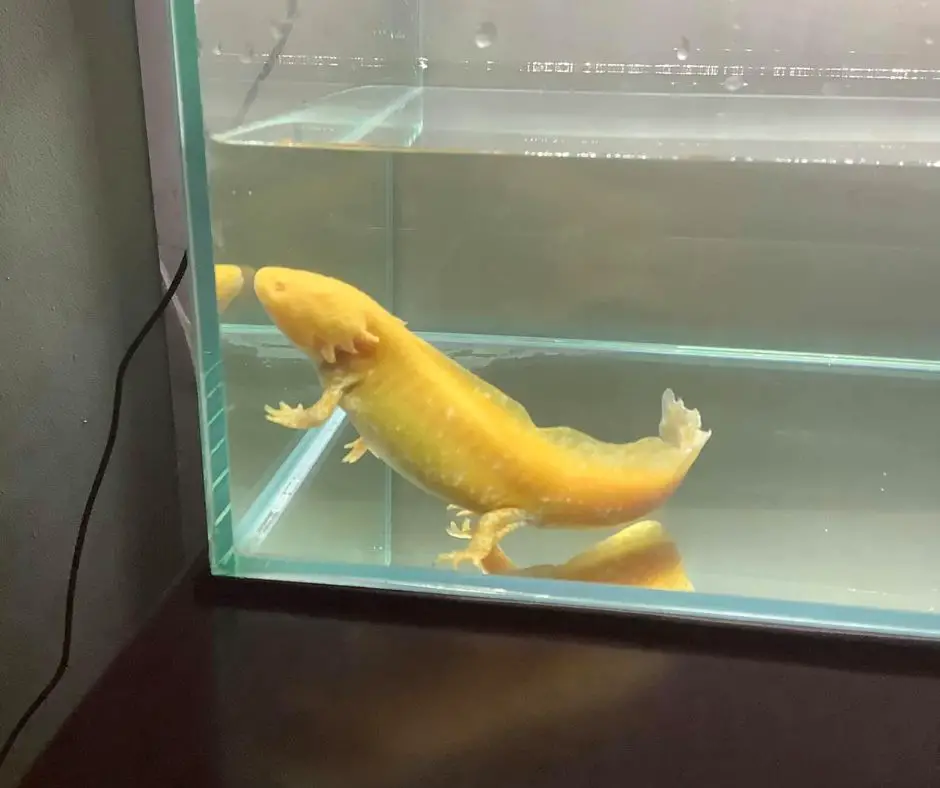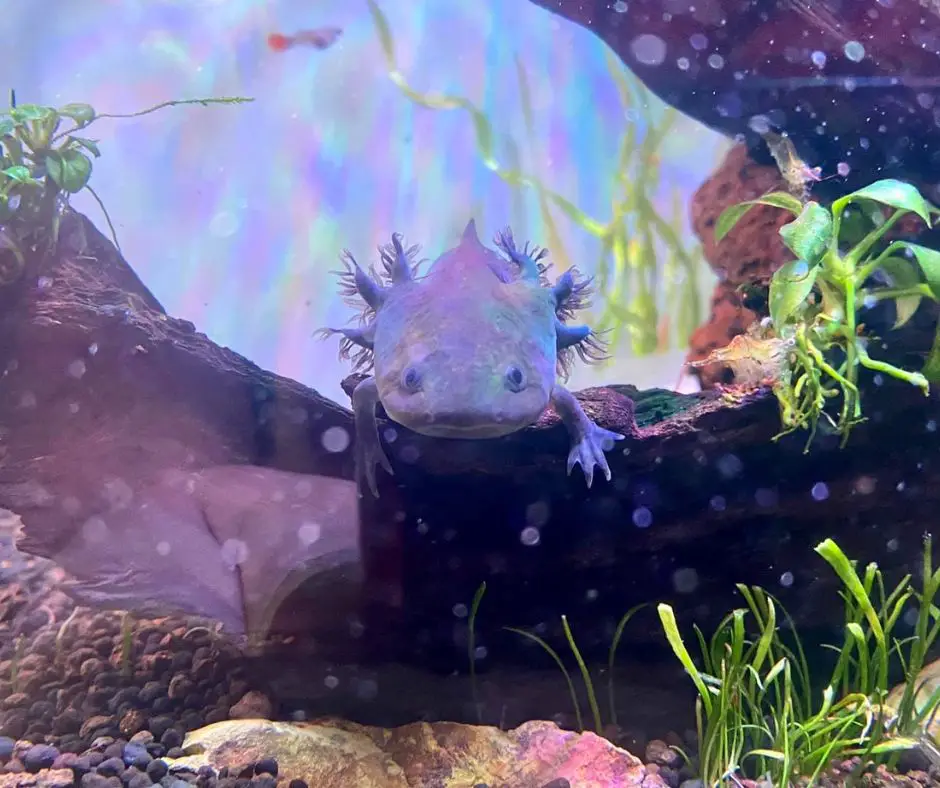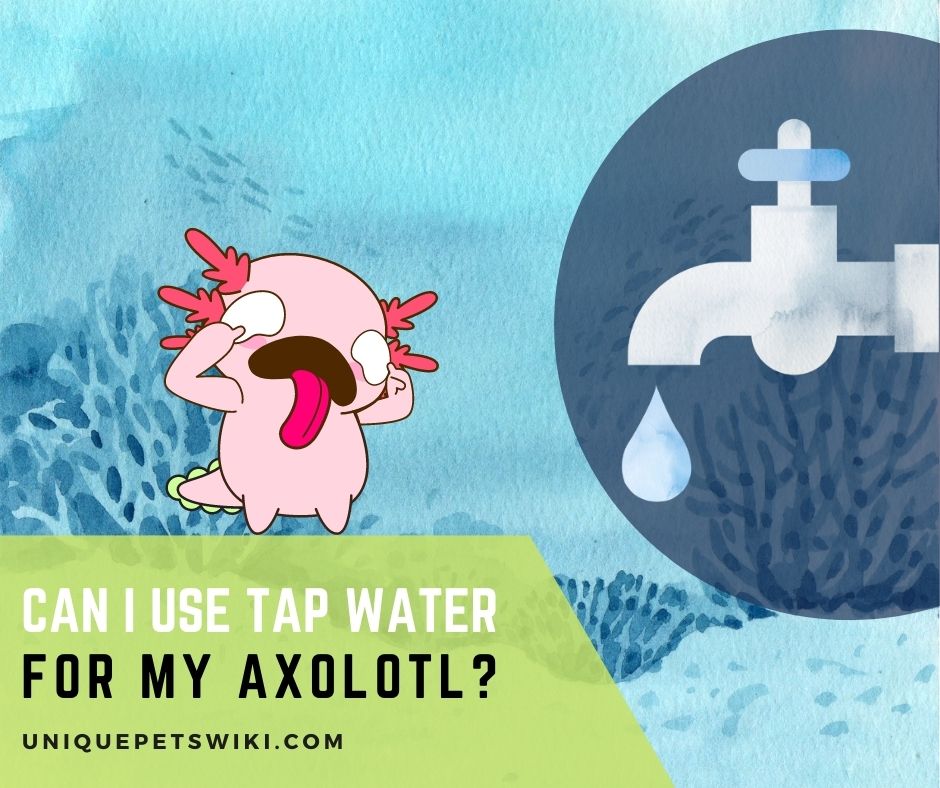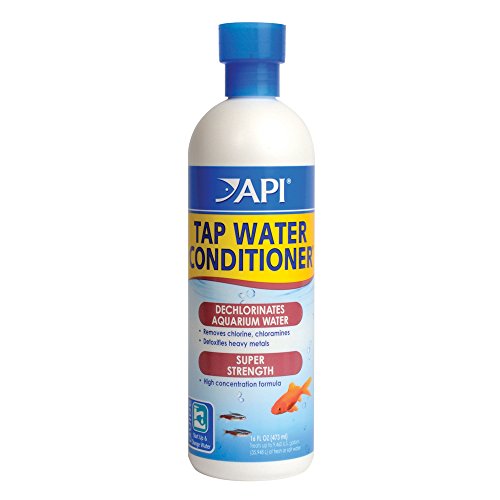Choosing the appropriate water type for Axolotls is far more critical than you might believe.
As exotic pets, axolotls require an extra level of care, particularly with regards to the sort of water you will be using.
You might be thinking, “Can I use tap water for my axolotl?”. We may not perceive the distinction, but there might be a significant difference between different types of water, such as bottled, tap, and distilled.
After reading this article, you will have the knowledge necessary to determine whether or not using tap water is completely safe for your axolotls, if there are other types of water you can use, and many more.
Let’s get into today’s post!
Contents
Can I Use Tap Water for My Axolotl?
Yes, tap water can be used for axolotls, although it depends on your location and the filtration techniques used. As a result, the composition of tap water varies by location.
Even if you can use tap water in an axolotl’s tank, make sure the water has been pre-treated with an aquarium water conditioner to eliminate chlorine and chloramines.
When it comes to water quality, axolotls are significantly more tolerant than aquarium fish.
Installing a strong filtration system and performing regular water changes, on the other hand, are required to maintain sufficient water conditions.
Also read: 7 Best Water Filter For Axolotl

How Do You Make Tap Water Safe for An Axolotl
If you use tap water for your pet, you must either wait 24 hours for the chlorine to evaporate or remove the chlorine using special de-chlorination drops (such as DeChlor) purchased from a pet store.
Some cities now utilize chloramines in their water instead of chlorine, which might be more difficult to remove.
As an owner, you must be completely certain that your tap water is safe. Check your water bill or contact the water department to determine if the water is aquarium fish safe.
However, if you are unsure, it is better to avoid tap water.
What Happens If You Don’t Dechlorination
Chlorine is a chemical, and while it will not harm us, axolotls have a delicate skin membrane that is designed to absorb items in the water and through which they can even breathe.
The contrast of chlorine on humans with chlorine on axolotls is a horror. It is poisonous to them, and even if it is only in the tank for 24 hours, it will affect an axolotl’s health and reduce their life.
As a result, high quantities of chlorine, in particular, can be lethal.
API TAP Water Conditioner
- Contains one (1) API TAP WATER CONDITIONER Aquarium Water Conditioner 16-Ounce Bottle
- Neutralizes chlorine, chloramines and other chemicals to make tap water safe for fish
- Prevents tap water chemicals from causing gill destruction, tissue irritation and fish death
- Super strength, high concentration formula
- Use when adding or changing water and when adding new fish to freshwater and saltwater aquariums
Last update on 2022-12-29 / Affiliate links / Images from Amazon Product Advertising API
Axolotl Water Requirements
Getting the pH of the water in your axolotl tank to an ideal level is critical for the health of your amphibian pets. Water pH determines whether your water is alkaline or acidic.
Axolotls can tolerate water with a pH ranging from 6.5 to 8.0, although the best pH level for them is about 7.4 – 7.6.
A water pH that is beyond the tolerated range can cause ammonia toxicity, which can be fatal to your axolotl.
We have the following information about the salt and mineral content of the water.
The general hardness (GH) of water is a measurement of the hard minerals in the water. Axolotls require a GH of 7-14 degrees Celsius (125-250ppm).
Salinity, on the other hand, is the amount of salt in the water. Although zero per cent salinity is ideal, axolotls may tolerate up to 15% salinity.
In terms of the final water requirement, ammonia and nitrites should be zero.
Also read: Full Requirements & Water Conditions for Axolotl in Captivity
What Kind of Water Do Axolotls Need?

There are two other different sorts of water that you can use for your pet. Bottled water, well water, can be used for axolotls.
However, distilled water should not be used for axolotls as it does not contain the necessary minerals and vitamins.
Bottled water is a safe sort of water to offer to your amphibian, and it does not need to be altered in any way.
Check the label of the bottled water to ensure that it is not distilled water and that it has been treated with reverse osmosis, filtration, or another type of chemical removal method.
Moving on to the next option, which is well water, you may use this type of water with conditioners.
However, well water typically has high levels of specific irons, which is not ideal when you have an axolotl tank.
You can use well water, but make sure it doesn’t have too many chemicals or metals in it.
You should never give your pet distilled water since it lacks key minerals and salts that amphibians require in their drink has a larger concentration of hydrogen than tap or bottled water and has an acidic pH. (less than 7.0).
Because of these variables, distilled water is dangerous for your axolotl to soak, swim, or drink.
API PROPER pH 7.0 Freshwater Aquarium Water pH Stabilizer
- Contains one (1) API PROPER pH 7.0 Freshwater Aquarium Water pH Stabilizer 8.8-Ounce Container
- Sets and stabilizes water pH to neutral to help keep fish healthy and colorful
- Removes toxic compounds from tap water to make it safe for fish
- Use exclusively in freshwater aquariums that do not contain live plants
- Use when setting up a new aquarium, adjusting pH in an established aquarium or changing water
Last update on 2022-12-29 / Affiliate links / Images from Amazon Product Advertising API
Conclusion
Thus, yes, you can use tap water for your axolotl as long as the chlorine is properly removed to alleviate future concerns for you and your pet.
Allow the water to rest for 24 hours to allow the chlorine to disperse, or use a water conditioner to eliminate the chlorine. This will help to guarantee that your axolotl is not harmed.
Due to the fact that axolotls absorb water and oxygen via their skin, the type of water utilized in their houses is critical to their health.
Therefore, it is critical to grasp the principles of water quality and the appropriate water type for your pet.


